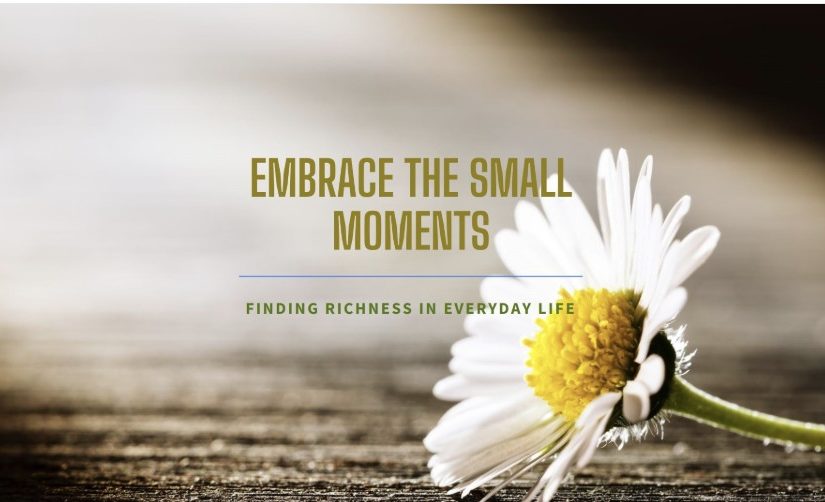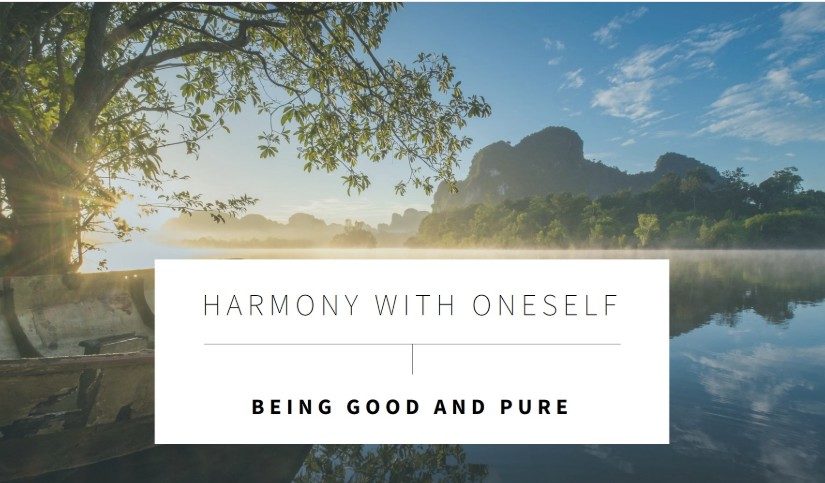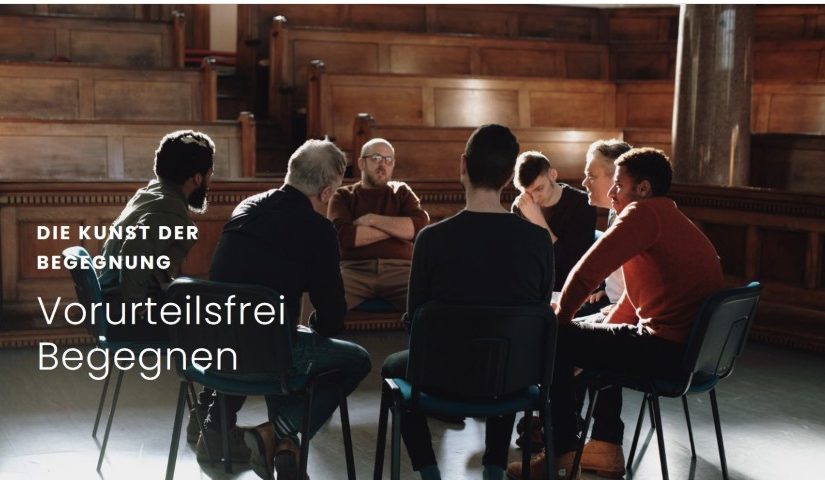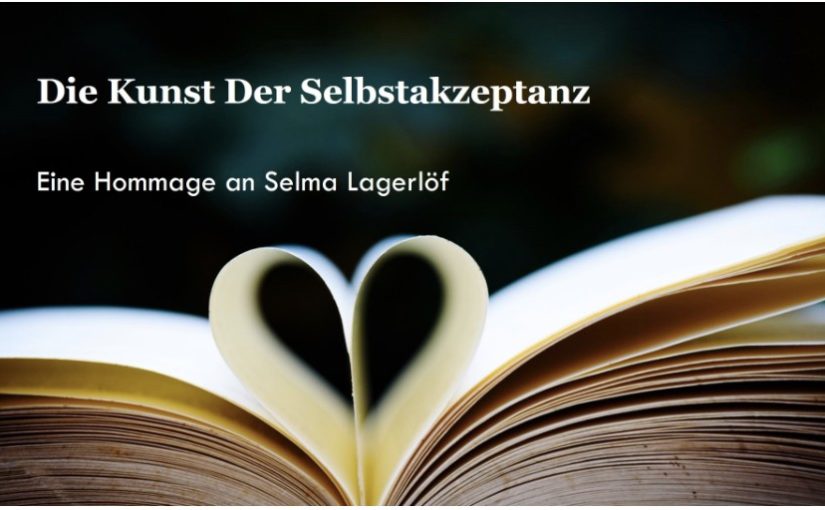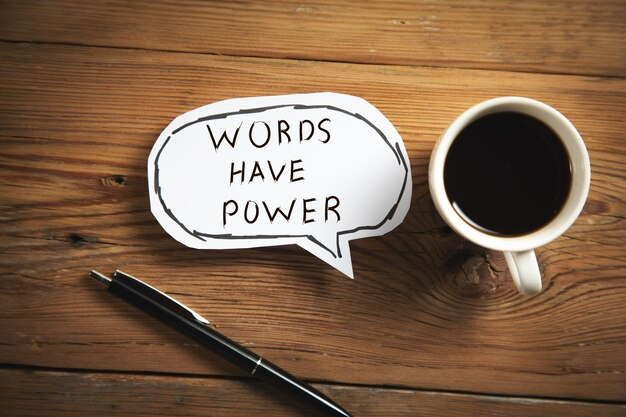In today’s fast-paced and often competitive landscape, we frequently encounter challenges that seem insurmountable. However, by examining the social structures of animals like ants, dolphins, and wolves, we can uncover valuable insights that can help us navigate our professional lives. These examples highlight several key lessons about the power of collaboration, resilience, and motivation.
1. Support in Overcoming Challenges
One striking aspect of these social systems is the role individuals play when they come together to tackle challenges. Just like a team in the workplace, animals that unite for a common goal can overcome obstacles that may be overwhelming for any one individual. For instance, ants work collaboratively to gather food and build nests, while dolphins hunt in groups. Wolves support each other during hunts. This serves as a reminder that collaboration is often the key to success.
2. Ego Has No Place in Teamwork
In these groups, there is typically no room for ego. Both ants and dolphins demonstrate that pride is unhelpful when facing larger challenges. Ants work harmoniously for the benefit of the entire colony, while dolphins engage in cooperative social bonds. Wolves have a clear hierarchy that prioritizes teamwork and the well-being of the pack. By setting aside individual pride and focusing on collective problem-solving, we create space for innovative solutions.
3. The Power of Swarm and Group Intelligence
These examples illustrate the impressive power of swarm or group intelligence. Ants make collective decisions when building nests and foraging for food. Dolphins use complex communication to hunt effectively, and wolves display strategic behavior when hunting in packs. When individuals collaborate, they can achieve results that far exceed the sum of their parts.
4. The Importance of Perseverance
Another crucial point is the importance of not giving up. In all three animal species, perseverance is evident in challenging situations, whether it’s in foraging for food or protecting the pack. Resilience is essential, as every setback presents an opportunity to learn and grow, reinforcing the idea that persistence is a cornerstone of success.
5. Learning from Failure
Mistakes are often viewed negatively, yet it is through our failures that we gain valuable insights. Ants, dolphins, and wolves learn from experience, which is vital for their effectiveness within their social structures. Each failed attempt brings us closer to a solution, teaching us what doesn’t work and guiding us toward what does.
6. The Significance of Clear Goals
Having a clear goal is essential. For ants, tasks are well-defined, enhancing efficiency. Dolphins and wolves also have shared objectives when hunting or collaborating. A common goal acts as a guiding star, keeping groups focused and motivated. When everyone understands the objective and works together, the path to success becomes much clearer.
7. The Impact of Intrinsic Motivation
Finally, these examples emphasize the profound effect of intrinsic motivation. Ants often work from a sense of duty to their colony, while dolphins are motivated by social interactions and play. Wolves demonstrate how strong bonds within the pack enhance intrinsic motivation for collaboration. This inner drive not only boosts individual performance but also strengthens group dynamics.
Conclusion
The lessons drawn from these examples serve as a powerful reminder: collaboration, humility, resilience, and intrinsic motivation are vital for overcoming challenges both in nature and in our professional lives. As we navigate our careers, let’s take these insights to heart and foster a culture of support, learning, and shared purpose.
Let’s continue to learn from one another and grow together, just as the remarkable social systems of these animals illustrate. Together, we can achieve extraordinary things.
